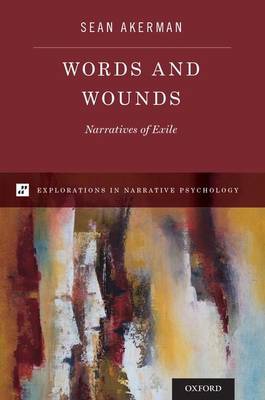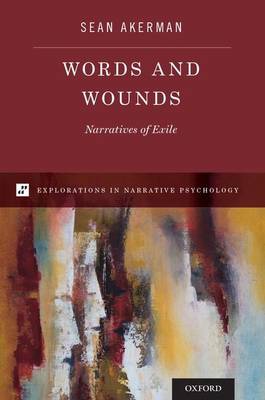
- Afhalen na 1 uur in een winkel met voorraad
- Gratis thuislevering in België vanaf € 30
- Ruim aanbod met 7 miljoen producten
- Afhalen na 1 uur in een winkel met voorraad
- Gratis thuislevering in België vanaf € 30
- Ruim aanbod met 7 miljoen producten
Zoeken
Omschrijving
In this study of exile, Sean Akerman chronicles the ways in which narrative approaches provide opportunities to understand and represent the lives of those who have been displaced after violence. Drawing on fieldwork he conducted with Tibetan exiles in New York City, and supplemented with archival research from other exiles around the world, Akerman investigates how narrative approaches can reveal what it's like to embody historical tensions, how identity becomes contested within displaced groups, and how personal stories can impact political realities. The book also engages with the ethics of research practices more generally. How does a researcher write in a way that does justice to displaced lives while working within a scientific framework? What sort of ethics are at stake as one spends long hours interviewing an informant, and then interprets that person's stories? The exploration of narrative approaches then becomes a way to imagine new possibilities of representation and call attention to the limitations and power dynamics within the discipline of psychology. In light of massive upheavals and displacements all over the world, Words and Wounds provides a timely consideration of how to understand and chronicle one of the most pressing issues of this age.
Specificaties
Betrokkenen
- Auteur(s):
- Uitgeverij:
Inhoud
- Aantal bladzijden:
- 200
- Taal:
- Engels
- Reeks:
Eigenschappen
- Productcode (EAN):
- 9780190851712
- Verschijningsdatum:
- 3/07/2019
- Uitvoering:
- Hardcover
- Formaat:
- Genaaid
- Afmetingen:
- 160 mm x 236 mm
- Gewicht:
- 408 g

Alleen bij Standaard Boekhandel
+ 248 punten op je klantenkaart van Standaard Boekhandel
Beoordelingen
We publiceren alleen reviews die voldoen aan de voorwaarden voor reviews. Bekijk onze voorwaarden voor reviews.











